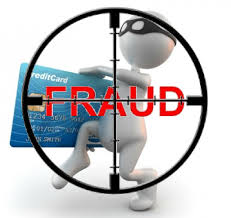Start Date:
05 February, 2025.
End Date:
07 February, 2025.
Course Overview:
Fraud is a general headache in most establishments around the world. A company has to actually detect fraud before it can be investigated. Remember that companies put controls in place to ensure that transactions have proper approval and the numbers are recorded correctly, but there are people who deliberately circumvent the controls for fraudulent purposes. What of control overrides, these are senior management activities…This course would equip you with modern skills to detect and control frauds.
Course Objectives:
You will learn to:
· Identify some common ways that fraud is detected within companies.
· Develop a basic investigative policy and create a general plan for dealing with reports of suspected fraud.
· Assemble a competent fraud investigation team to examine cases of suspected fraud.
· Know the options for discipline and legal action once a fraud investigation is concluded
Course Outline:
What is Fraud, Occupational Fraud, The elements of fraud, Fraud in Bank transactions, Frauds in Deposit Accounts, Detection of Forgeries and Identification of Signatures, Frauds in Advances, Frauds in Remittances. Credit Card Operations/Plastic Card Fraud, Identity Theft, Frauds in Computerized Environment, Legal Issues in Prevention of Fraud, Economic justification for eliminating Fraud, Social justification for eliminating Fraud, International justification for eliminating Fraud, Moral justification for eliminating Fraud. Mechanism for dealing with Fraud. The organizational planning framework. The role of an effective auditor,
The Red Flags for Fraud, Why are Red Flags important, Red Flags in Cash/Accounts Receivable, Red Flags in Payroll, Red Flags in Purchasing/Inventory, Reporting Fraud, Fraud Prevention Plan, Discuss the issues, and risks associated with various policy actions to combat Fraud ·








